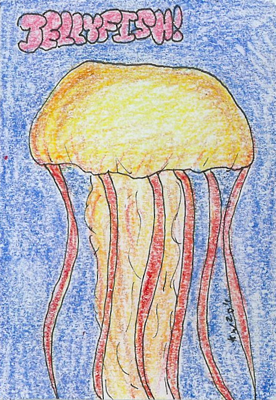Coincidence is a funny thing. I suppose if you do enough reading you’ll start picking out patterns whether or not they’re actually there. Still, even if my own brain is inventing the connection it amuses me all the same to note them. Sometimes I’ll encounter the same book in many unrelated places, or something amazing will fall into my lap at random. Then there are the strange connections that seem to pop up between books. For example, I read The Fault in Our Stars, which involves both cancer and Amsterdam, immediately before starting Her Fearful Symmetry, which begins with one character dying of cancer and another moving to Amsterdam. Then I was reading both Inkheart and Lost in a Good Book
simultaneously, which are both about real people and fictional characters jumping into and out of books. I wonder what little connections I’ll notice next.
Any strange literary coincidences pop up in your life lately?


